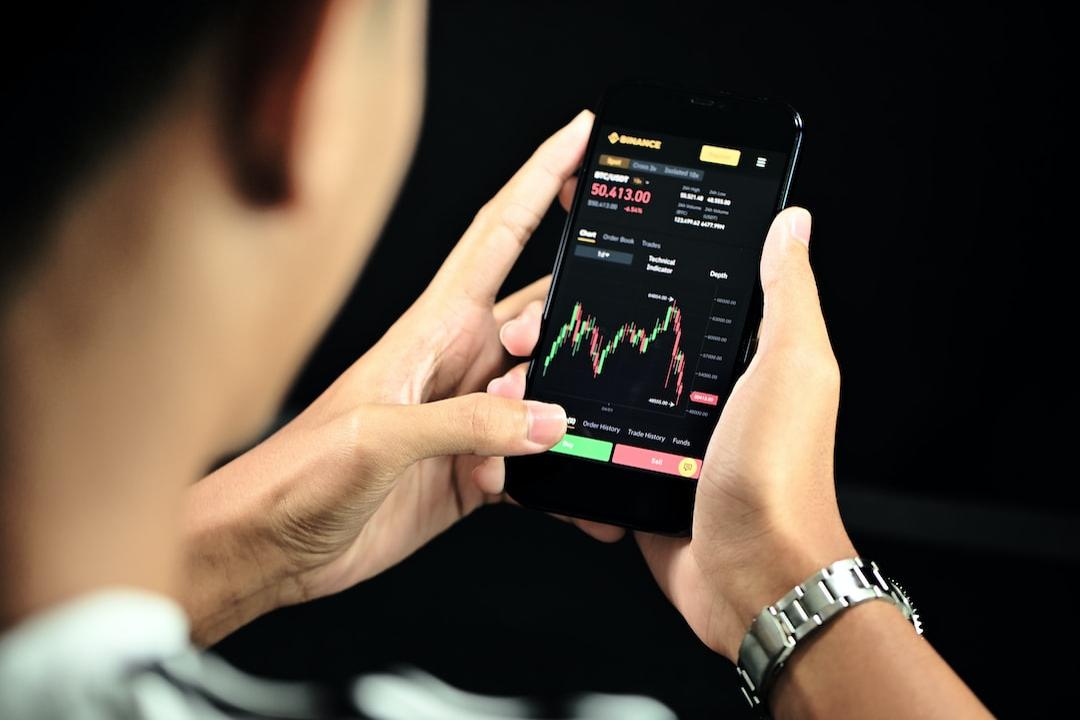The largest bank in the world, China’s ICBC, has stated that Bitcoin’s reputation as an asset is steadily increasing each year, now rivaling that of gold due to its cryptographic scarcity mechanism. Ethereum, on the other hand, is likened to digital oil, providing the technical power needed for the digital future, as Central Bank Digital Currencies (CBDCs) emerge to digitize central bank money and revolutionize cross-border transfers.
Despite the Chinese government’s anti-crypto stance, ICBC, China’s largest bank with $6.3 trillion in assets under management, recently praised Bitcoin and Ethereum in an analysis of digital assets. The bank highlighted Bitcoin’s ability to maintain scarcity similar to gold through mathematical consensus, overcoming issues of divisibility, authenticity verification, and portability that gold faces.
However, ICBC noted that Bitcoin is gradually losing its monetary attributes as it struggles with high fees and slow transactions, hindering its scalability for mass adoption. While designed as electronic cash, Bitcoin’s current capacity of seven transactions per second limits its utility on a global scale. Nevertheless, its status as a valuable asset has been strengthening, with many considering it to be digital gold due to its lower correlation with traditional financial assets, making it a safe haven during economic turmoil.
Currently, Bitcoin is trading at $66,800, experiencing a 3.7% decline in the past day alongside a 90% surge in trading volume reaching $31.3 billion. Despite this, analysts remain optimistic about Bitcoin’s potential to reach $100,000 this month.
Meanwhile, Ethereum has solidified its position as the foundational technology for decentralized applications, as highlighted in ICBC’s report. The continuous technological advancements in security, scalability, and sustainability have positioned Ethereum as the “digital oil,” powering the digital future. The introduction and growth of stablecoins have bridged the gap between the digital currency market and the real world.
ICBC acknowledged Ethereum’s improvements, including the transition to proof of stake to enhance scaling and reduce energy consumption. The emergence of Layer 2 networks further enhances the network’s scalability without overwhelming existing nodes.
At present, Ethereum is trading at $3,530, experiencing a 4% decline in the past day amidst a broader market downturn affecting various cryptocurrencies. Despite this, the future looks promising for both Bitcoin and Ethereum as they continue to evolve and adapt to market demands.


